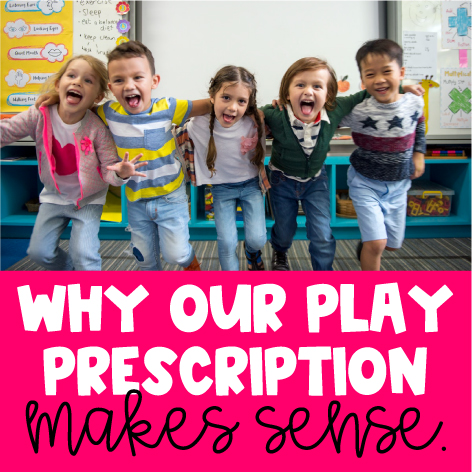Accelerating a child’s academic development: Ages 0 to 5
Few studies show that traditional one-on-one tutoring helps accelerate a child’s academic development from a very young age. In fact, an overemphasis on rote forms of learning, like drills or worksheets, might even prevent young children from developing important skills only acquired through free associated play.
“Instead of focusing solely on academic skills, such as reciting the alphabet, early literacy, using flash cards, engaging with computer toys, and teaching to tests (which has been overemphasized to promote improved test results), cultivating the joy of learning through play is likely to better encourage long-term academic success,” finds a recent study from the American Academy of Pediatrics.
Play helps young children in preschool and kindergarten learn everything from fine motor skills to negotiation, collaboration, and problem-solving – all skills that are important for academic learning down the road.
According to Joan Almon, the executive director of the Alliance for Childhood, attempts to accelerate learning and academic development in young learners can backfire in other ways, too.
“There is absolutely no research showing that children who read at age 4 or 5 do better at age 10 or 12 than children who start reading in first grade,” Almon told NBC. “But there is research showing if you push 4- and 5-year-olds too hard, it backfires.”
As academic tasks in kindergarten become more difficult, for example, student retention often decreases and incidences of bad behavior or absence increase.
If you decide your young child needs additional academic support in the form of one-on-one tutoring, work with your tutor to make developmentally-appropriate goals that tap into your child’s sense of play, imagination, and love of learning.
Preventing achievement gaps: Ages 5 to 10
Working with young children to develop and maintain fundamental reading and math skills is crucial, especially for students from at-risk populations who experience more inequality throughout their educational careers.
These gaps often worsen during after-school and summer vacations, when at-risk children have less access to learning support. Research shows that achievement gaps in children as young as 5 years old can persist well into adulthood if left unaddressed.
One-on-one tutoring, whether through private tutoring or after-school programs, can prevent learning gaps. On its own, however, tutoring isn’t enough to address the social and economic conditions of the achievement gap.
According to one study from the Economic Policy Institute, parents play a big role in preparing their child for academic success. Parental expectations and participation in pre-K learning activities can begin to address learning gaps at home.
The study found, however, that additional support from the community, including teachers, school administrators, and policy makers, is what makes the biggest difference in closing learning gaps caused by inequality.









